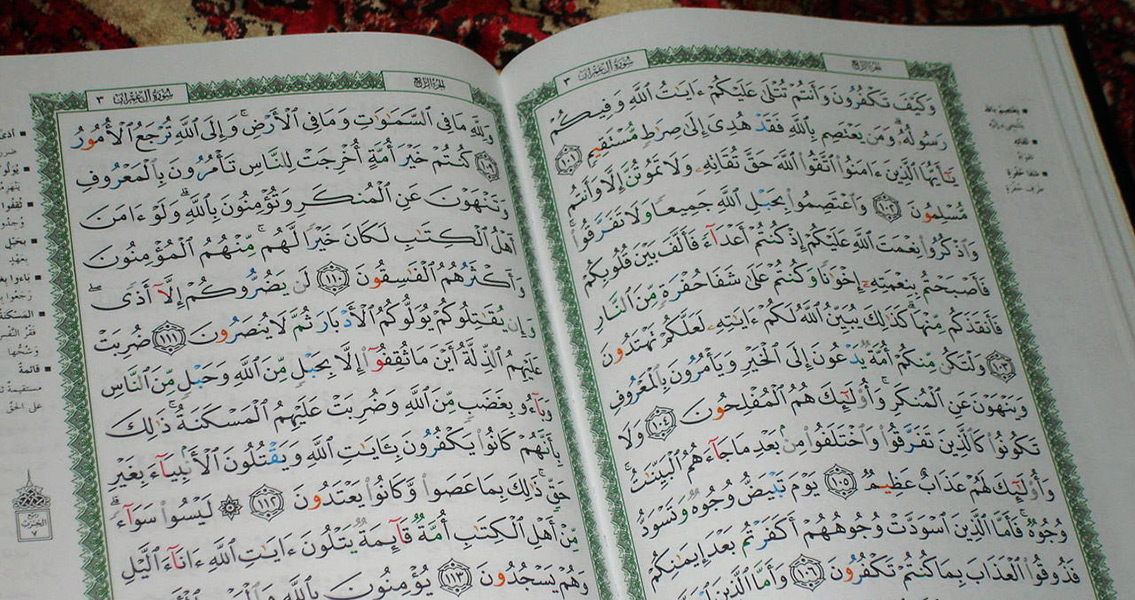<![CDATA[Two fragments from the Quran, discovered last month and considered the earliest written evidence of Islam’s holy book, have now been suggested to pre-date the birth of the prophet Muhammad, the founder of the religion. What the tests revealed initially, was that the parchment originated around 1,370 years ago. Later tests, however, have revealed that it may have originated as far back as 1,448 years ago. In other words, the fragments, tested by scientists from the University of Oxford, probably originated some time between 568 CE and 645 CE, while Muhammad’s birth year is believed to be 570 CE. One of the scientists who took part in the analysis of the manuscript pointed out that the carbon dating was done on the parchment only, not on the ink. Still, said Keith Small from the University of Oxford’s Bodleian Library, talking to the Times of London, if tests on the ink are consistent with the time range established for the parchment, it would seem that at least parts of the Muslim holy book were actually created before the birth of the man considered God’s prophet. It would also, Small adds, push back the origins of written Arabic tradition into the sixth century. The fragments, which were found in possession of the University of Birmingham, bound in a seventh-century Qur’an manuscript and part of a collection containing 3,000 early Middle Eastern texts, include three suras, or chapters of the holy book. As New Historian reported when the find was announced, the two pages were initially believed to have been part of a codex, whose other parts are kept in France. Initially, the hypothesis was that the fragments were contemporaneous with Muhammad, pushing the date of the first written copy of the Quran back, but not too much. Now, further research is suggesting that, in the words of Keith Small, some non-mainstream views of the origins of the book may have more ground than previously believed. Specifically, he told the Times of London, the carbon dating of the manuscript suggests that Muhammad and his early followers based the new religion on an already existing text, which they “shaped … to fit their own political and theological agenda, rather than Muhammad receiving a revelation from heaven.” According to traditional belief, Muhammad received the revelation that was to become the Qur’an some time between 610 and 632 CE. Initially, however, the information was only part of the oral tradition of the region. The first Muslim community, Discovery News writes, was set up in Medina in 622 CE but the first written copy of the Quran only appeared thirty years later, during the rule of the third caliph, Uthman, after Muhammad’s death. In the years before that, only fragments of the holy book were written on animal skin, bones, leaves, and parchment. The fragments found in the University of Birmingham are written on what is either sheepskin or goatskin, suggesting one of these animals was sacrificed especially for the manuscript. Image courtesy of Wikimedia Commons user: Amr Fayez ]]>
Evidence Points To Quran Pre-Dating Muhammad
